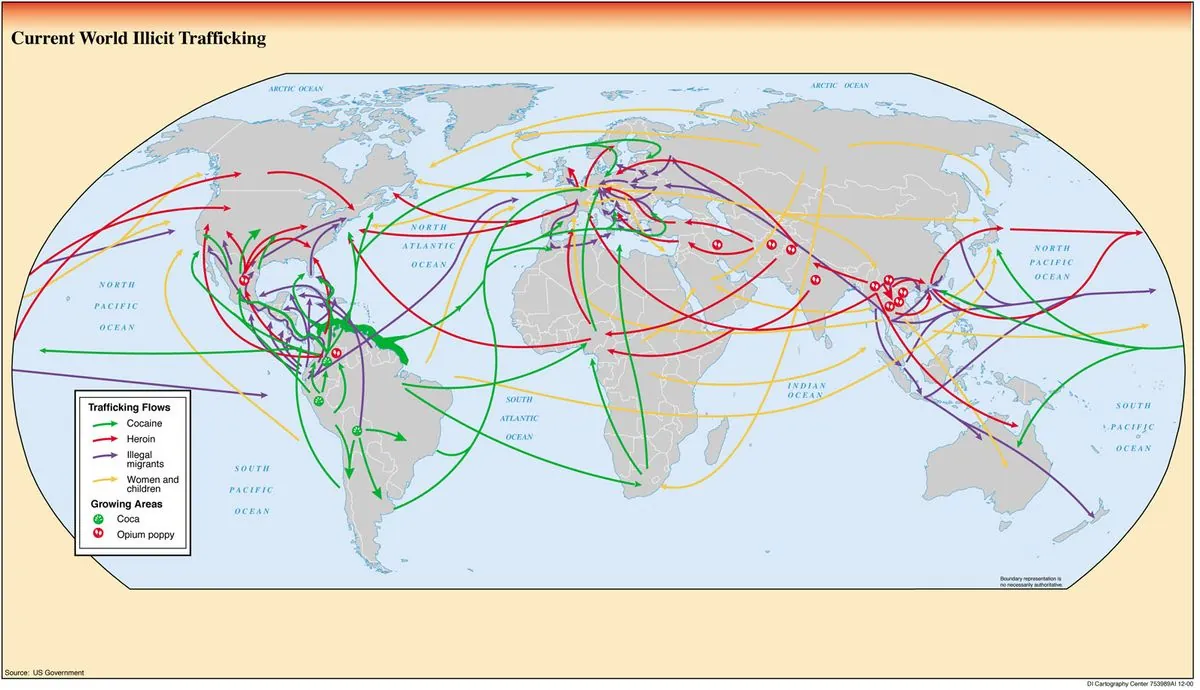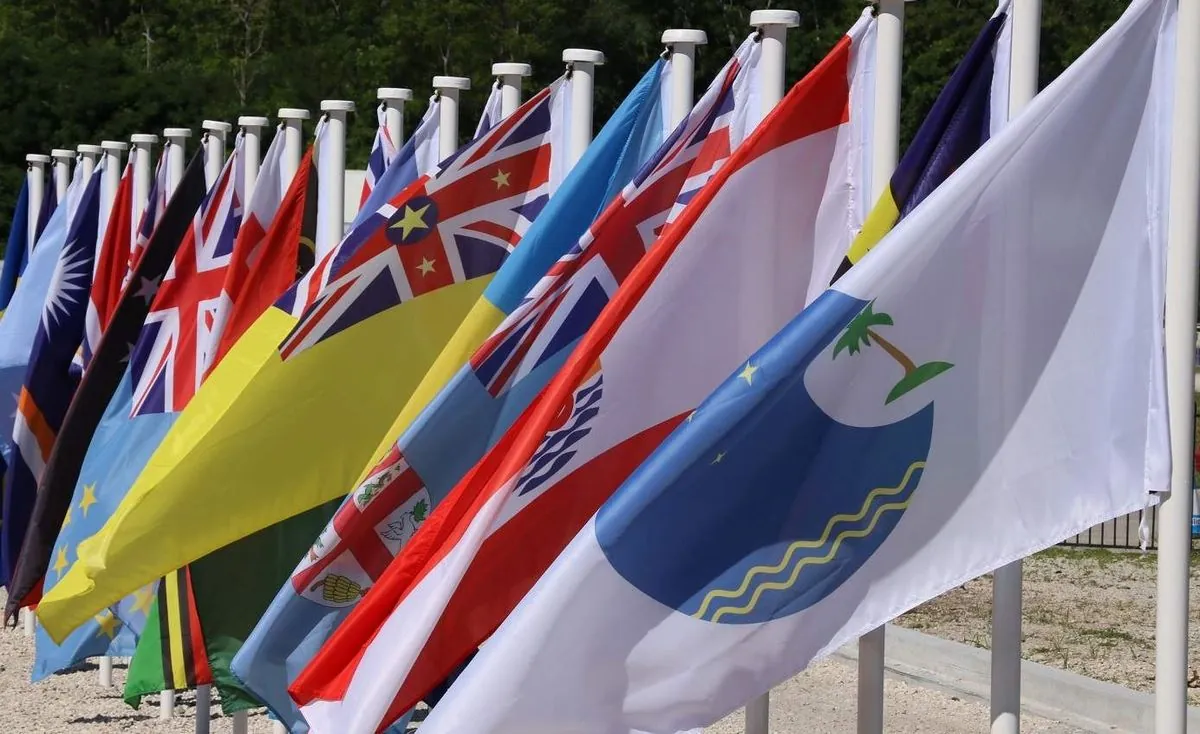US to Combat Chinese Drug Networks in Pacific Islands
US plans to assist Pacific Island nations in curbing drug trafficking by Chinese criminal networks. Deputy Secretary of State Kurt Campbell announces initiatives during regional diplomatic tour.

The United States has announced plans to collaborate with Pacific Island nations to address the growing issue of drug trafficking in the region. Kurt Campbell, US Deputy Secretary of State, revealed this initiative during his diplomatic tour of the Pacific, highlighting concerns about Chinese criminal networks using the area as a transit point for narcotics destined for the Americas.
Campbell's statement comes amidst a backdrop of increasing drug-related challenges in the Pacific. Fiji and Tonga have reported a surge in methamphetamine seizures in 2024, while the United States grapples with a rise in overdose deaths. The synthetic drug market, estimated to be worth $130 billion in 2023, has become a significant concern for both local and international authorities.
"We are concerned some of the networks that have grown in China and South East Asia are beginning to use the Pacific for transhipment both to Latin America and the United States."
The US plans to assist Pacific Island nations in various aspects of drug control, including interdiction, treatment, and prevention. This comprehensive approach aims to address not only the trafficking issue but also its impact on local communities. Drug trafficking in the Pacific has been linked to increased substance abuse and crime rates in island nations, making it a pressing concern for regional leaders.

In a significant diplomatic move, the United States formally opened its embassy in Vanuatu on August 29, 2024. This event marks a renewed US engagement in the region, following the closure of its previous embassy in 1993. The reopening aligns with the US "pivot to Asia" policy, announced in 2011, which aims to increase American diplomatic and economic focus on the Asia-Pacific region.
Campbell's tour also included meetings with leaders at the Pacific Islands Forum in Tonga, a regional organization founded in 1971 that now includes 18 member states. The forum has become an important platform for discussing regional issues, including the growing influence of major powers in the Pacific.
The US diplomat reported positive developments in relations with the Solomon Islands, stating that the nation, under its new leadership elected in May 2024, seeks to re-engage with the United States. This shift comes after the Solomon Islands' previous security pact with China, which had raised concerns among Western allies.
In an effort to balance regional dynamics, Campbell met with China's Pacific envoy, Qian Bo, in Tonga. They discussed potential areas of cooperation, such as climate change projects, which regional leaders have welcomed. This approach reflects the Pacific nations' desire to avoid becoming a battleground between major powers.
The United States is also working on initiatives to support Pacific Island countries' development. In Vanuatu, which gained independence from joint British and French colonial rule in 1980, the US plans to offer financing for small businesses, hospital infrastructure, and telecommunications links. These efforts aim to provide Pacific Island countries with a choice of partners, particularly important given China's significant presence as Vanuatu's largest external creditor.
As the Pacific Islands face unique challenges, including vulnerability to climate change and the complexities of governing across vast oceanic territories, the increased engagement from major powers like the United States and China continues to shape the region's geopolitical landscape.


































